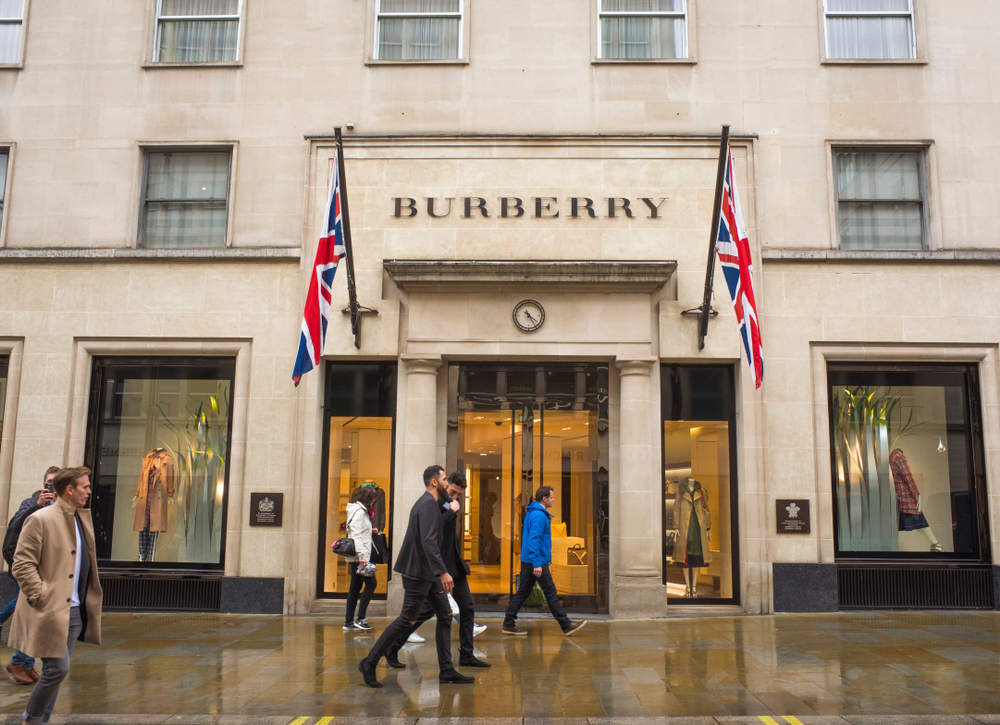Shein denies ‘cutting corners’ on labour practices
Shein has insisted that it is able to remain profitable and efficient without "cutting corners on labour practices".

Shein has insisted that it can remain profitable and efficient without “cutting corners” on labour practices.
Speaking at the Retail Technology Show last week, the Chinese fashion giant’s head of strategic and corporate affairs for North America and Europe Peter Pernot-Day said the brand utilised “micro production”, which involved producing “small batches” of garments.
He explained: “One of the questions Shein is often asked is how are you able to achieve these pricing points? How are you able to give customers so much value for their dollar or pound? And the answer is through this on demand model.
“Rather than having to carry excess inventory risk and add that into the individual cost of goods sold, because we are producing precisely matched demand we can offer garments that are up to 20 – 40% less.”
Pernot-Day insisted that achieving profitable efficiency did not mean “cutting corners on labour practices, and it doesn’t mean cutting corners on material safety or product quality”.
“As a business that’s been around since 2012, as a business that’s been actively selling at scale into the UK, the US and the European Union Since 2015 as a business that has hundreds of UK employees, millions of customers in the European Union, this business would not exist at this scale if we had low cost, cheap, dangerous items,” he said.
“Our products are high quality, they’re safe and they’re affordable.”
The executive added that its profitable efficiency was not down to “cutting corners or trying to play games or dodging other forms of taxes”.
He claimed: “It’s a unique application of technology and integrated spirit and a focus on our mission to make fashion accessible to everyone.”
It comes after Shein publicly confirmed its plans to float on the stock market for the first time in March, with the London Stock Exchange thought to be the preferred location.
The fast fashion giant has since come under scrutiny from politicians and campaigners over its labour practices of selling ultra cheap clothes made in China.
However, executive chairman Donald Tang rejected claims that it exploited workers and damaged the environment and said the company complied with laws in local markets and had much lower product waste than competitors due to its low inventory levels.
Click here to sign up to Retail Gazette‘s free daily email newsletter











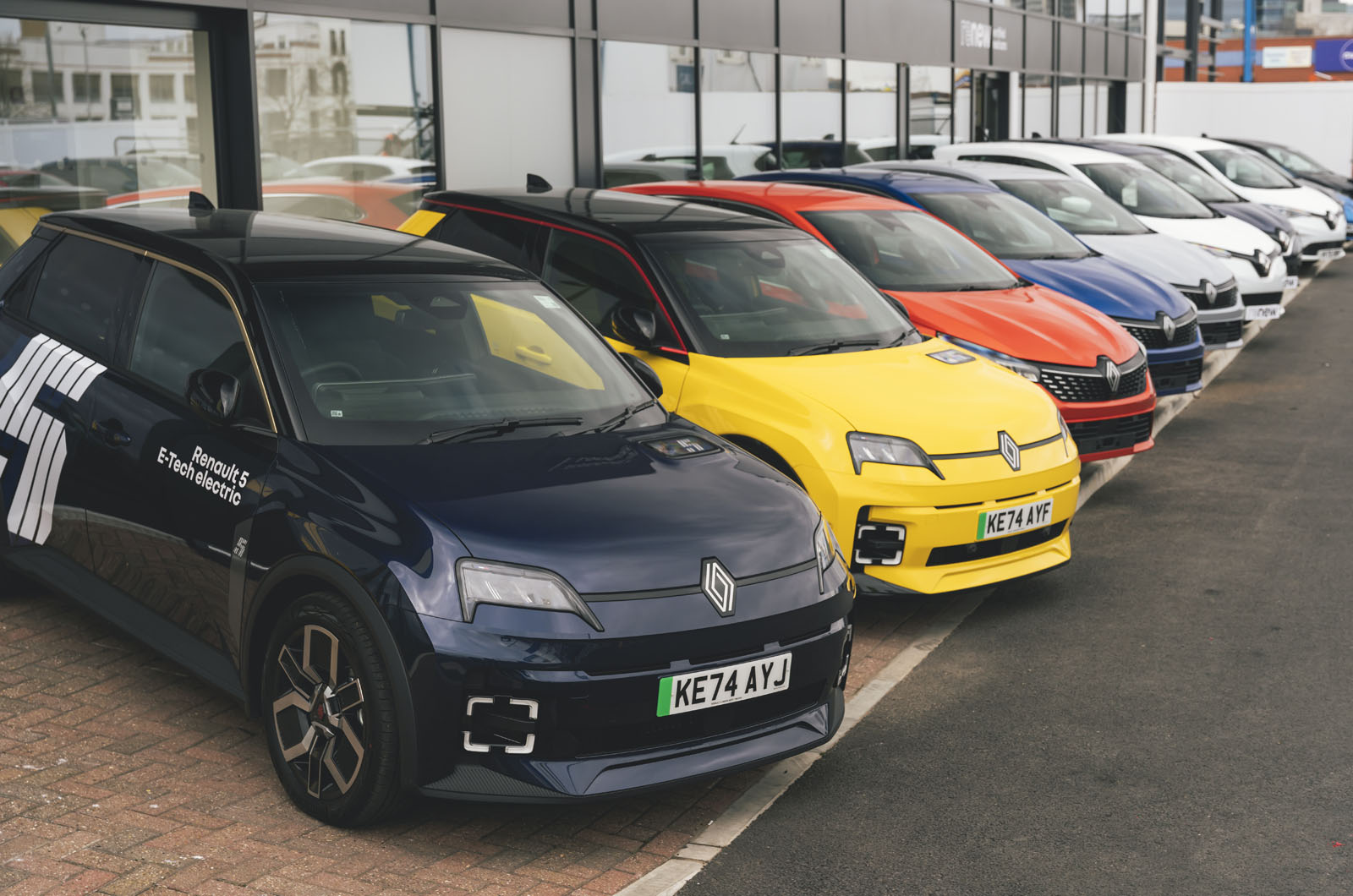
















































































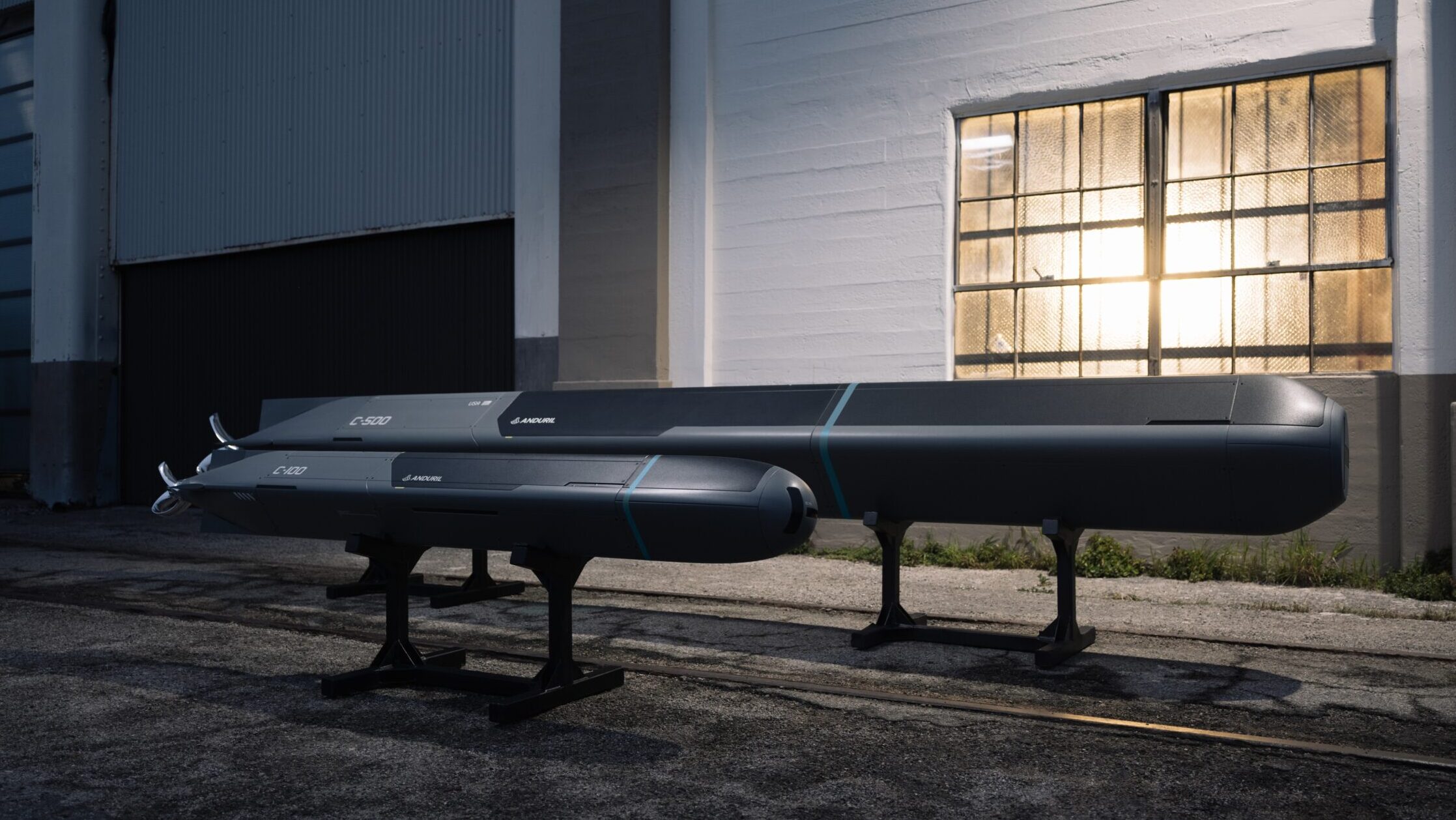






















































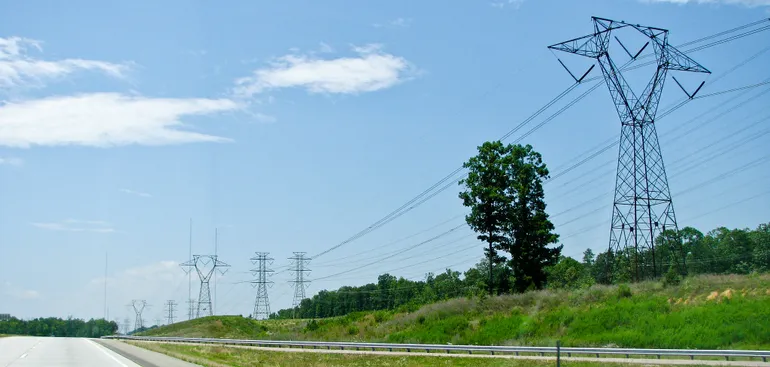





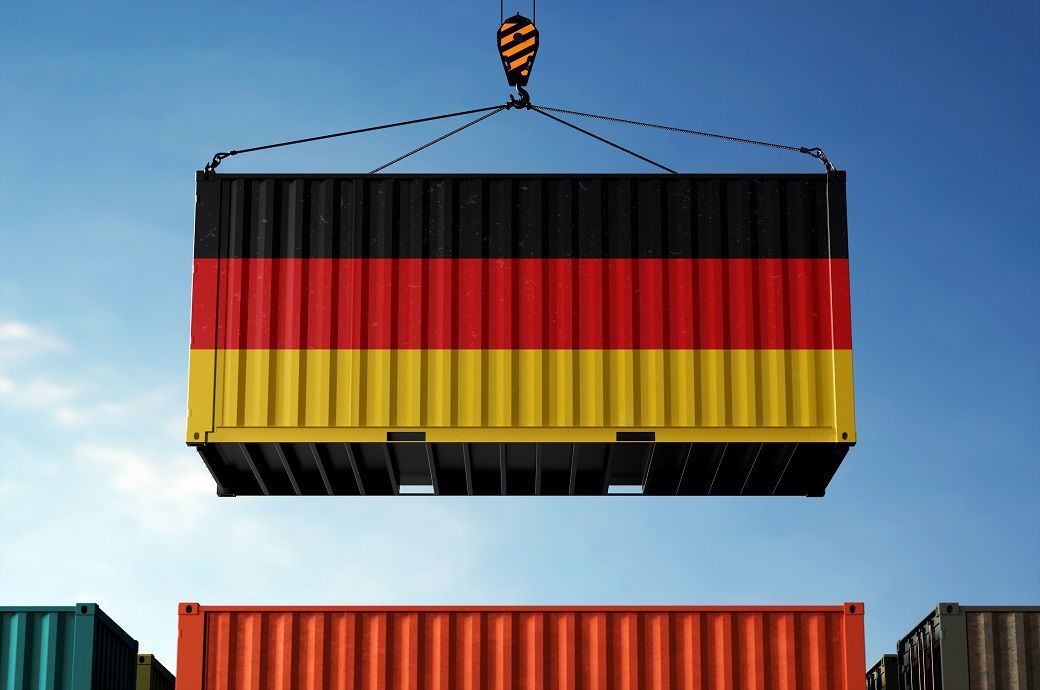



















.jpg)


